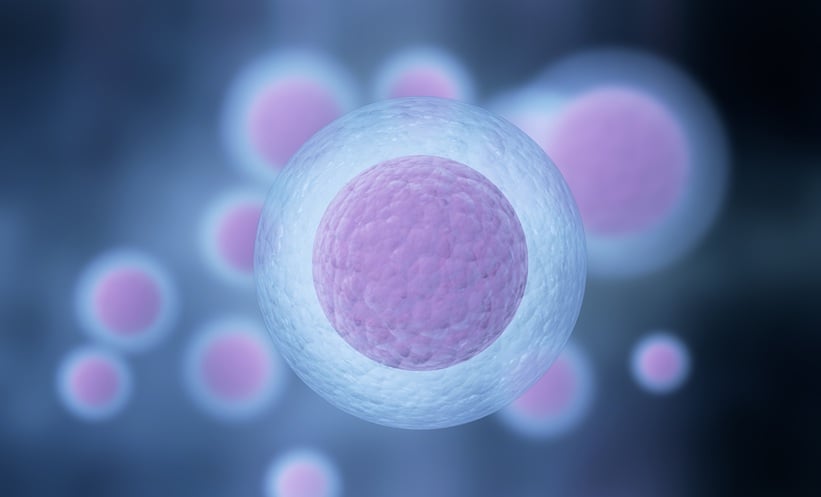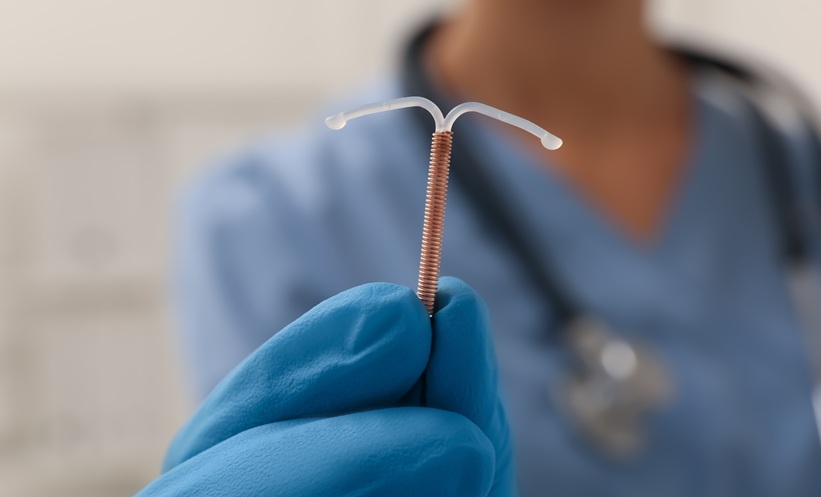A NEW study has found that human egg cells remain genetically stable as women age, resisting the accumulation of mutations in their mitochondrial DNA. The findings suggest that oocytes possess unique protective mechanisms that preserve mitochondrial integrity, helping maintain reproductive potential even later in life.
Mitochondria remain mutation-free in oocytes
Researchers led by Barbara Arbeithuber and Kateryna Makova used high-precision duplex sequencing to analyse mitochondrial DNA (mtDNA) mutations in single oocytes, blood, and saliva samples from women aged 20 to 42.
They discovered that while mutations increased with age in blood and saliva, no such rise occurred in oocytes. This indicates that human eggs, unlike most body cells, are shielded from age-related mitochondrial mutations—a finding that could reshape understanding of reproductive aging.
Further analysis showed that high-frequency mutations were less common in coding regions of mtDNA, suggesting that purifying selection removes potentially harmful variants, while lower-frequency mutations appeared evenly distributed.
Implications for fertility and healthy reproduction
“These results highlight the resilience of human oocytes,” said the authors. “Their mitochondria appear protected from the accumulation of age-related mutations, preserving energy production and genetic integrity.”
The study offers reassuring news as more women choose to conceive later in life. By showing that oocyte mitochondria remain robust over time, it deepens scientific insight into fertility longevity and may inform future advances in reproductive medicine.
Reference
Arbeithuber B et al. Allele frequency selection and no age-related increase in human oocyte mitochondrial mutations.Sci. Adv. 2025;DOI:10.1126/sciadv.adw4954.








